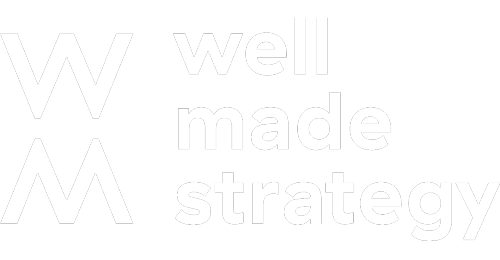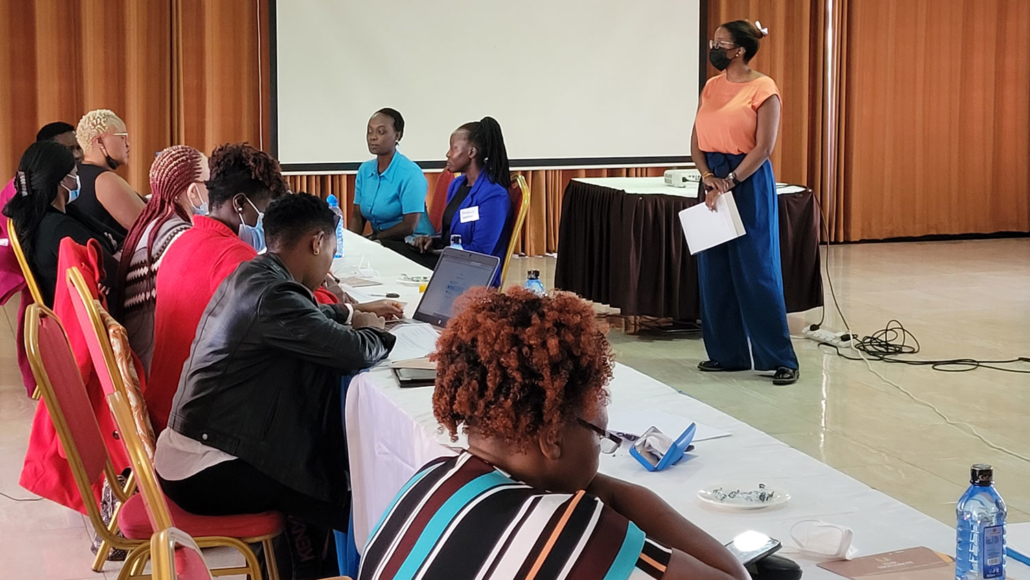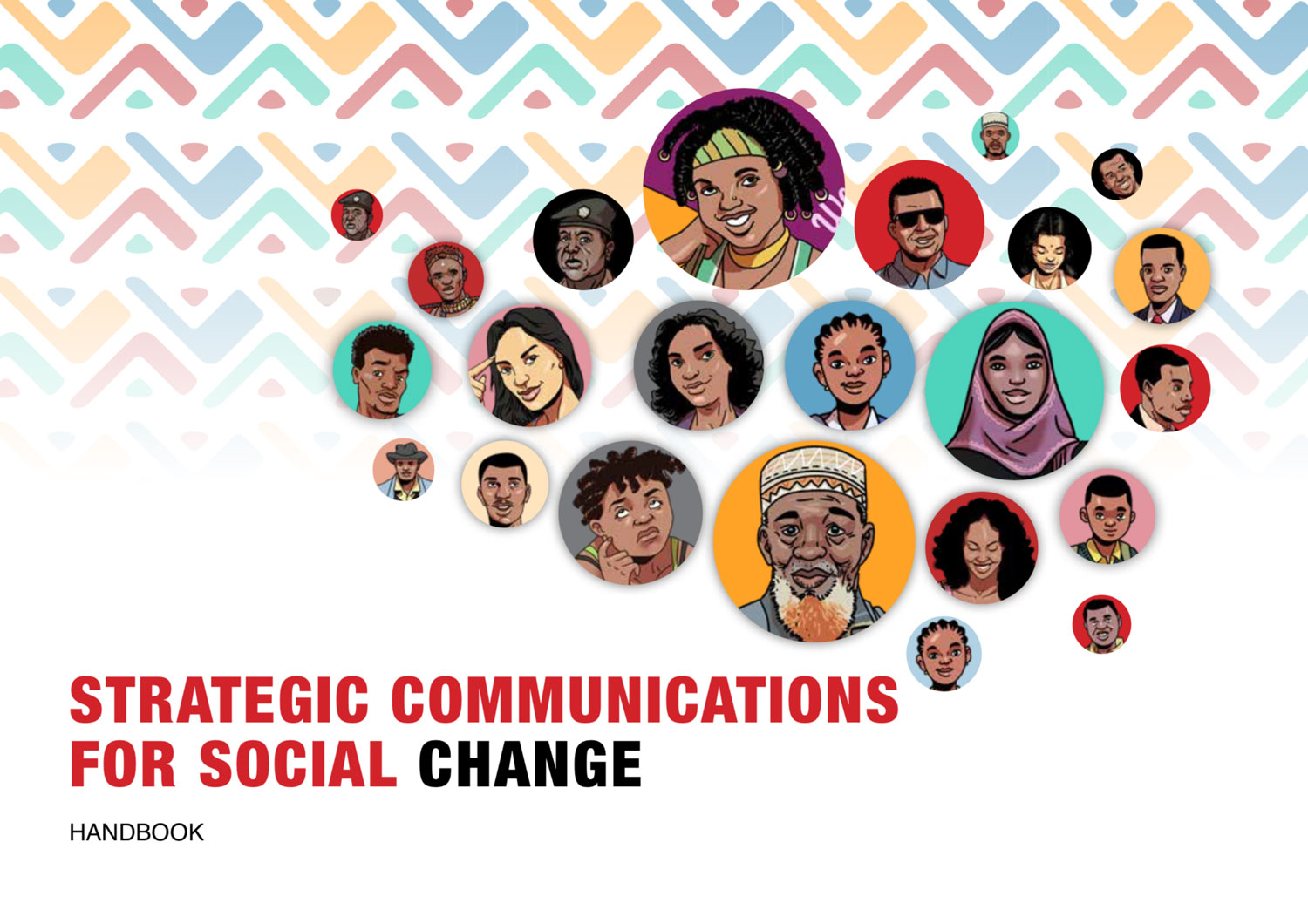The original version of this blogpost had ableist language, as pointed out by the activists of the Kenya Network for Women with Disabilities. We extend an apology to persons with disabilities and the women of KNWWD. We also wish to thank KNWWD for so generously correcting us and offering to educate us on ableist language and where we failed. Below is a list of the changes we made in the latest version of this blogpost.
In late January, we hosted a meeting to support the Kenya Network for Women with Disabilities which left us with some lessons that will remain with us in all our work going forward. The meeting was focused on developing a communications strategy to achieve the important and overdue objective of having fully accessible hospitals in six counties around Kenya. Their contributions to the workshop were undergirded by a conviction that their experiences of exclusion, discrimination and harm, as well as their work as community trainers, politicians and activists were critical sources of knowledge and expertise that could inform policy.
At the same time, after the hotel and airlines we had booked for the workshop failed to fully accommodate the persons with disabilities participating in the workshop, the workshop developed into a short crash course on the everyday obstacles persons with disabilities encounter on flights and hotels and ultimately what is required to make a workshop accessible for persons with disabilities.
One of the first tasks of the workshop, was to establish a more precise definition of what it means for a health institution to be “fully accessible.” In a session interspliced with banter, commiseration and frequent bursts of laughter, KNWWD members referenced their experiences seeking out medical care in unnavigable hospitals and dispensaries.
Deaf women spoke about not having access to health care workers who could competently communicate in sign language, visually impaired women recalled encountering hospital signage without braille or audio equivalents; physically disabled women told us about hospital bathrooms without railings and maternity wards where up to three able-bodied pregnant women were expected to share a bed – without any consideration for how a woman with physical disabilities, for example, would fit on such a bed.
Ironically, it gradually became clear that although the settings of these women’s testimonies were hospitals, they could have just as easily been speaking about the airports their journeys had begun in, the hotel rooms that were supposed to provide them with rest or even simply the hotel corridors that were meant to enable them to smoothly shuttle between meetings and meals.
We often think of being “called out” as a negative genre, as conclusive evidence of failure, but the members of KNWWD called out our ableist society and wielded “calling out” as an educational tool. Together, they shared and therefore documented the embarrassing, painful, and at times, undignified experiences they had endured while attempting to navigate mundane tasks at work, conferences, hotels, public transport and even simply walking down the street.
For our purposes, as able-bodied people who regularly host workshops and conferences which will transition back from online to in-person, if and when physical meetings become more of a possibility, I will highlight some important critiques KNWWD members made of the ways in which hotels and airlines fail to intentionally consider the different needs of each group of persons with disabilities, as well as the suggestions they so generously provided to remedy the situation.
One woman with a physical disability detailed how she had slipped in the hotel hallway – something that she said could have been avoided if the hotel had installed more textured tiles or simply scheduled cleaning service during times when hotel guests had already left their rooms. There were instances where some women had slipped in their bathrooms – situations that could have been alleviated with more rubber mats and railings in the bathrooms. One visually impaired woman told us that she often could not navigate her hotel room as hotel staff typically do not take the time to audibly orient visually impaired people on the position of key amenities in their rooms or provide hotel orientations written in braille. On some of the participants’ flights to Nairobi, the airline staff jumbled up the seating, not taking into consideration that it would be imperative that each visually impaired or physically disabled person sit right next to their guides – not in a seat across the aisle from them.
Their observations and recommendations make clear that what many able-bodied people might imagine as frivolous details – tightly fastened toilet seats, more assistive bars in bathrooms, chairs in showers or even an intentional room orientation by a hotel clerk – are the difference between a safe and positive experience and a hazardous one. Their testimonies showed us that these incidents were not unfortunate coincidences. Instead, they were systemic consequences of institutional choices to prioritize the comfort of able-bodied people and not the safety of persons with disabilities.
The KDWWN members informative calling out and humour-lined testimonies make clear that the question: “how accessible is this building or this flight or this bathroom?” is critical to planning a workshop and it is one that should be asked again and again.
Changes that have been made:
- The phrases “people with disabilities” or “people living with disabilities” have been changed to “persons with disabilities,” which is the correct term.
- “…after our participants had trouble being fully accommodated given their disabilities,…” has been changed to “after the hotel and airlines we had booked for the workshop failed to fully accommodate the persons with disabilities participating in the workshop.” The initial phrase implied that the burden was on the persons with disabilities to be fully accommodated, instead of the institutions.
- “However, what was even more striking to me was their refusal to put their disabilities at arm’s length – to perform the shame that people with disabilities are often expected to hold” was removed as it suggests that persons with disabilities are expected to hold shame
- “The very fact of these women gathering, some visually impaired, physically disabled and deaf, others experiencing chronic mental illness, was powerful” has been removed as it implies that the everyday actions persons with disabilities do are done for the purposes of inspiring able-bodied people.
- Every instance of the word “complaint” was changed to “calling out” or “being called out” because complaint is often used to disparage persons with disability when they call out our ableist society.



